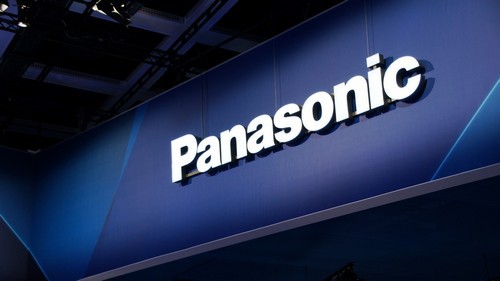Incorporated in 1918 it has emerged as a prominent player in various lines of businesses. Currently, it is operating 4 different business segments namely electronic appliances, Eco solutions dealing in white goods, AVC networks dealing in mobiles digital and surveillance cameras and much more, automotive and industrial business supported by more than 400 consolidated companies across the world. Globally it has more than 2, 50,000 employees continuously working for enhancing the life of the people worldwide.
Table of Contents
Segmentation, targeting, positioning in the Marketing strategy of Panasonic-
Being present in the varied line of businesses has helped the company in using the competencies of one business into other. It uses the mix of demographic, geographic and psychographic segmentation variables to address growing opportunities in the respective markets accordingly.
Differentiating targeting strategy is used by Panasonic to make the particular product available to the customer as per their requirement.
It uses value-based positioning strategy which means that their business philosophy is to deliver value for money products to the customers.
Marketing mix – Here is the Marketing mix of Panasonic.
Mission- “To contribute to the progress and development of society and the well-being of people worldwide”
Vision- “Becoming the No. 1 Green Innovation Company in the Electronics Industry, up to its 100th anniversary in 2018”
Tagline-“A better life, a better world”.
Competitive advantage in the Marketing strategy of Panasonic-
Presence in Meta-market: Being present in such diverse inter-related businesses is helping the company in exploring and using the capabilities of each other to built competencies in the business.
Being present in the countries across the world helps Panasonic in getting access to such a diverse market and the customer group which helps businesses to develop the product meant for some other country and can be a competitive/ innovative offering in other markets.
Patents & trademark: Panasonic has more than 100000 patents and trademarks as an intellectual property which is in itself is a symbol of being an innovative company.
BCG Matrix in the Marketing strategy of Panasonic-
Its electronic appliances business segments and, Eco solutions dealing in white goods, AVC networks dealing in mobiles digital and surveillance cameras are stars in the BCG matrix, automotive and industrial business are the question mark in the BCG matrix.
Distribution strategy in the Marketing strategy of Panasonic-
Multi-distribution channel is used by Panasonic to make its products available to the customers.
Distributing through authorised showrooms & service centres, retail outlets, direct sales channel, resellers, distributors and OEM’s (Original equipment manufacturer) are helping the company in reaching the customers with its offerings.
Brand equity in the Marketing strategy of Panasonic-
From being an Olympic and Para Olympic partner to sponsoring cricket world cup and FIFA matches. Panasonic has been associated with various institutions to increase its visibility in the market.
Competitive analysis in the Marketing strategy of Panasonic-
The segments in which Panasonic operates is overcrowded with a large number of small and large players. In the business segments, companies compete at different levels such as technological infrastructure to support the main businesses, product portfolio, availability of the resources, branding, distribution channels and the pool of talents working with Panasonic.
Market analysis in the Marketing strategy of Panasonic-
Developing economies are playing an important role in changing the market dynamics of the industry in which Panasonic operates. Factors such as government regulations, low-cost labour, OEM’s (original equipment manufacturer), a large number of domestic and international players eating up each other’s market share are affecting the industry by and large.
Customer analysis in the Marketing strategy of Panasonic-
Customers of Panasonic range from individual customers to business companies who are looking for tech solutions/ white goods for their ventures. Individual customers are from different income groups and age groups from a teenager to senior citizen depending on the kind of product.
Liked this post? Check out the complete series on Strategies

